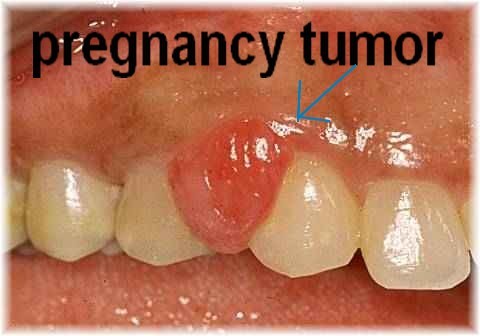I’m sure many of us would assume that one’s poor oral health would be a result of their irregular brushing habits, a possible sweet tooth, or, perhaps, problems that result from smoking or alcohol consumption in adults. We know that the drinking of alcohol during pregnancy is known to hinder a baby’s brain development and cause birth defects as-well as foetal alcohol spectrum disorders. But what about a mother’s incompetency in brushing? How could this affect their unborn child?
According to an exploratory study into Maternal Oral Health and Dental Care conducted by King’s College University, an unfortunate yet fascinating consequence of not looking after one’s teeth during pregnancy revealed itself.

A rather significant link between the poor dental hygiene of a mother during pregnancy and the consequent poor quality of life of her infant revealed itself in the study. This made evident that the health of the oral cavity of the incoming baby is partially dependent on their mother’s own habits.
This highlights the need to educate adults about the importance of healthy habits so that their child is in good physical condition once born.
These so called ‘healthy habits’ of brushing one’s teeth for two minutes daily (preferably with an electric toothbrush), flossing once a day, as well as making regular visits to the local dentist to look out for signs of pregnancy gingivitis are crucial duties which can prevent adverse birth effects. These courses of action collectively build a line of defence against a range of adverse effects – additional cavities and tooth loss in children and premature birth.

It is especially important, during pregnancy, to be routinely assessed for Gingivitis (the inflammation of the gums causing swelling, redness, and tenderness) as an excess of bacteria growth may lead to bacteria travelling through the bloodstream to the uterus, causing low birth weight and issues in brain development.
We all have an element of control in this matter. Educating one another about the importance of preventative home care in terms of brushing twice a day with a fluoride toothpaste and regular flossing- pregnant or not- will most definitely reduce the number of cases of gum disease, cavities, and enamel loss.
And, again, being aware of the need to care for yourself during pregnancy or checking up on loved ones mental and physical health is crucial – not forgetting the need to keep brushing for your child’s best chance of a healthy birth and a pearly smile!
Umayma Ahmed